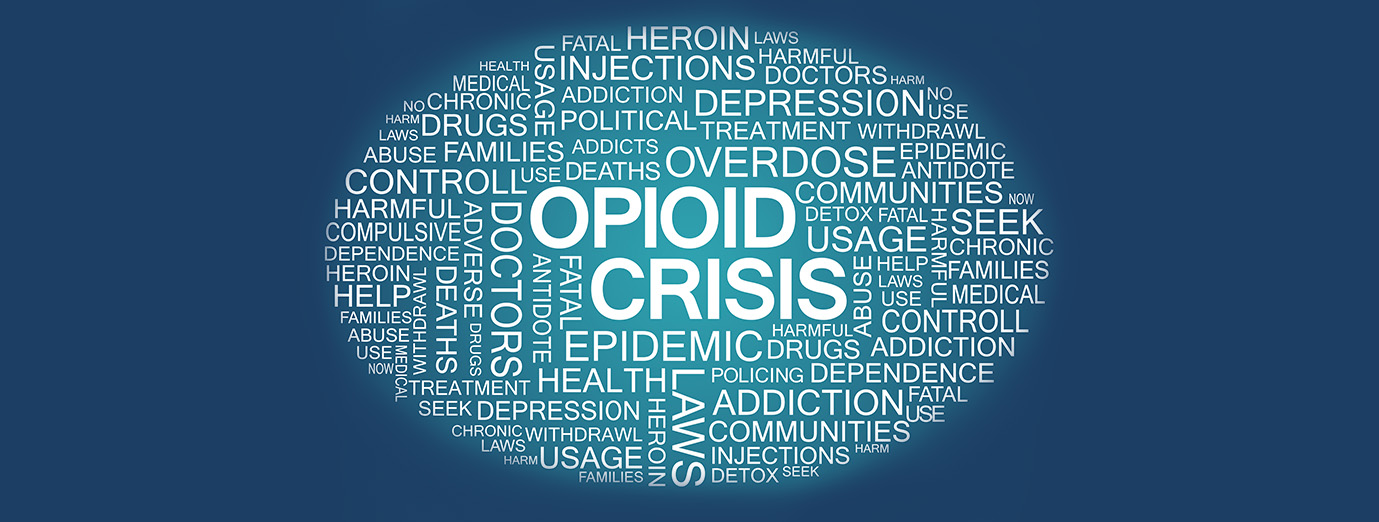Violence Prevention and Public Safety
Fighting Back Against Illegal Drugs

The toll of illegal drug use affects individuals, families, and whole communities. The Illinois Attorney General works to ensure public health, and to promote safer communities by taking legal action to stop the surge of illegal drugs, advocating for laws and programs to address the issue, and prosecuting criminal activity.
Legal Victories Bring New Resources to Fight Illinois’ Opioid Crisis
The Office of the Attorney General (OAG) is committed to advocating for consumers, especially concerning healthcare and public health concerns. One major objective of the office and Attorney General Kwame Raoul is to promote safer communities, which includes combatting the opioid epidemic and holding companies that aid in deceptive practices accountable for their actions.
Attorney General Raoul’s office has secured numerous settlements from opioid manufacturers, distributors, and other market participants. The funds from the settlements will support recovery in communities hardest hit by the opioid crisis and throughout the state.
To ensure the equitable distribution of settlement proceeds, the Attorney General’s office negotiated the Illinois Opioid Allocation Agreement. The Allocation Agreement provides that the funds Illinois receives through current and any future opioid settlements will be distributed amongst the Illinois Remediation Fund, the State, and eligible counties and municipalities throughout the state.
To learn more about the allocation and use of opioid settlement funds coming to Illinois, as well as funding opportunities for programs supported by opioid settlement funds, please visit the Illinois Opioid Settlements Initiative website.
Also, Attorney General Raoul urges anyone who believes they or a loved one may be addicted to opioids to seek help by calling the Illinois Helpline for Opioids and Other Substances at 833-2FINDHELP, which operates 24 hours a day, seven days a week.
Protecting Illinois from the Dangers of Meth
Methamphetamine is a highly addictive nerve stimulant. It is known on the street as meth, crank, speed and ice, and can be smoked, injected, snorted or taken orally. Because the manufacturing of methamphetamine produces highly toxic chemicals, meth labs and the waste they leave behind can have a significant and dangerous impact on the community in which they are found.
One “recipe” for meth features anhydrous ammonia as a key ingredient. This chemical is commonly used for agricultural purposes, making the Illinois farmer a prime target for anhydrous ammonia thefts. The Illinois Attorney General helps farmers be aware of the risks.
Steps to Stop Meth Production
- To report suspicious activity regarding methamphetamine production or trafficking, contact the Office of the Attorney General – Statewide Grand Jury Bureau at: 312-814-5200.
- To obtain more information on methamphetamine abuse, call the Illinois State Police – Safety Education Division at: 217-524-2525
- Have your anhydrous ammonia tanks inspected by contacting the Illinois Department of Agriculture at: 217-782-3817
- Learn more about meth production trends in Illinois with data analysis by the Illinois Criminal Justice Information Authority: A State and National Overview of Methamphetamine Trends Report

